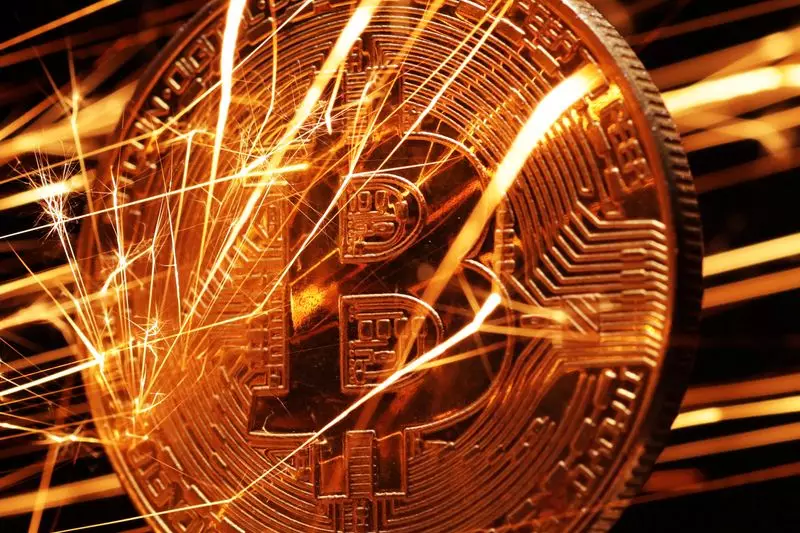In a significant pivot towards embracing cryptocurrency for international commerce, Russian authorities have implemented new legislative measures aimed at mitigating the impact of Western sanctions. Spearheaded by Finance Minister Anton Siluanov, these changes endorse the utilization of Bitcoin and other digital currencies in overseas transactions. This strategic move comes in response to the complications faced by Russian businesses when interacting with international partners, especially following stringent sanctions imposed by Western nations.
Among key trading partners such as China and Turkey, there has been a noticeable hesitance among local banks to process transactions associated with Russia. This hesitancy stems from a desire to avoid drawing the attention of Western regulators, which has created a pressing need for alternative transactional methods. By officially allowing cryptocurrencies in foreign trade, Russia seeks to reclaim some control over its international trade dynamics and continue engaging with global markets without the limitations imposed by traditional banking systems.
The new regulations reflect Russia’s ambition to solidify its status as a formidable player in the global cryptocurrency arena. The country already ranks among the leaders in Bitcoin mining, leveraging its vast natural resources and electricity infrastructure to fuel this burgeoning sector. Recent statements from Siluanov indicate that domestic mining operations are being integrated into the national economy in a manner that legitimizes their role in international trade.
As Siluanov mentioned during an interview, the initiative allows for the use of Bitcoin mined within Russia to facilitate foreign trade transactions. This implementation is currently in an experimental phase, but with aspirations to broaden its application. The finance minister expressed optimism for the forthcoming year, illustrating a clear intent to establish Russia as a haven for cryptocurrency transactions.
The geopolitical landscape surrounding cryptocurrencies has intensified recently, especially in light of remarks made by President Vladimir Putin. The Russian leader has openly criticized current U.S. foreign policy, particularly the way the U.S. dollar is wielded as a tool for political leverage. In this context, Putin has advocated for diversifying away from traditional fiat currencies, positioning Bitcoin as a viable alternative that transcends the regulatory reach of any single government.
This endorsement from the highest level of government signifies a critical endorsement that could pave the way for broader acceptance of cryptocurrencies both domestically and internationally. As more nations seek refuge from economic pressures and explore alternative transactional mechanisms, Russia’s push to leverage Bitcoin and other digital currencies may set a precedent that other countries will follow.
Russia’s strategic integration of cryptocurrency into its international trade framework highlights a transformative approach amid ongoing geopolitical tensions. By embracing digital currencies, Russia not only aims to circumvent restrictive sanctions but also signals a broader shift towards an increasingly decentralized financial ecosystem. The journey ahead will likely involve navigating complex regulatory environments, both at home and abroad, but the potential for growth in this sector seems promising. As the world grapples with the evolution of money and trade, Russia stands at the cusp of a new financial paradigm.

